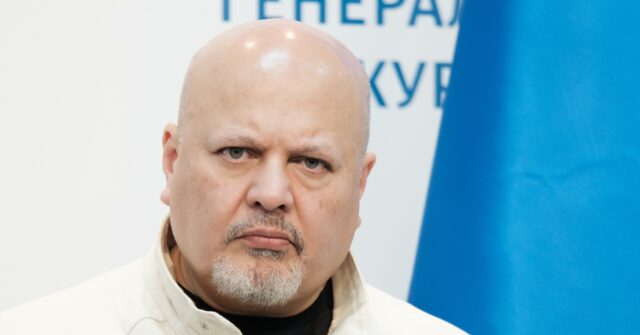Concerns have arisen regarding International Criminal Court (ICC) Prosecutor Karim Khan following allegations of his sexual misconduct, coinciding with his pursuit of legal action against Israeli Prime Minister Benjamin Netanyahu. Reports from the Guardian indicate Khan attempted to pressure an unnamed woman into not cooperating with a sexual misconduct investigation against him, which has drawn significant media attention. Notably, the Guardian, known for a critical stance towards Israel, stated its investigation found no evidence of foreign interference in the case. This follows an earlier report by the Daily Mail revealing that ICC auditors had received complaints regarding Khan’s behavior, leading to speculation about the implications of these allegations on his credibility in international legal matters.
In response to the reports, Khan categorically denied the allegations, emphasizing that he and his family have received threats in connection with his legal actions against Netanyahu. The ICC prosecutor’s legal team echoed this stance, firmly opposing the claims against him. The initial allegations lack specificity; however, the Guardian cited anonymous sources claiming to have documentation substantiating accusations of unwanted sexual touching and other inappropriate conduct spanning a year. Allegations include particularly invasive incidents purportedly occurring in the ICC’s headquarters, hotel rooms during business trips, and his residence in The Hague, as described by the media outlets.
The Guardian’s reporting highlighted the conflicting nature of the victim’s response to the allegations. Although she did not officially denounce Khan, she reportedly expressed reluctance to engage in a formal investigative process. Sources quoted by both the Guardian and Daily Mail suggested that the woman communicated her discomfort to colleagues but found herself pressured by Khan and a close associate to provide a statement denying the accusations. This dynamic raises significant concerns regarding the power imbalances within the ICC’s workplace, as the woman reportedly felt trapped by the situation and has not taken any formal steps to accuse Khan.
Khan’s legal representatives assert that he did not compel the woman to recant her statements or withdraw her claims. They stressed that Khan has cooperated with internal processes, claiming that recent disclosures surrounding the investigation are an attempt to undermine his work as prosecutor at a time when he is tackling highly sensitive issues. The ICC has acknowledged the existence of an internal assessment regarding the allegations, but a spokesperson indicated that the independent oversight mechanism was unable to proceed due to lack of cooperation from the alleged victim.
As the ICC addresses these internal issues, Khan remains under scrutiny for his high-profile mandate, especially after his controversial request for arrest warrants for Netanyahu and other Israeli officials linked to the ongoing conflict with Hamas. The prosecutor has been instrumental in initiating charges against Russian President Vladimir Putin as well, suggesting a pattern of targeting key political figures. His position has drawn ire from Israeli leadership, who accuse him of equating moral responsibilities in regards to the conflict between Israel and Hamas, further complicating an already volatile political landscape.
Khan’s aggressive approach to prosecuting world leaders has raised questions about the integrity of the ICC, as the potential consequences of the allegations against him could significantly impact international law and justice. Netanyahu has expressed outrage at the prosecutor’s actions, comparing them to historical moments of moral equivalence that have been widely criticized. Meanwhile, reactions from Hamas highlight the complexity of this geopolitical issue, further complicating Khan’s efforts at accountability in a situation fraught with accusations and counter-accusations. As investigations into both the misconduct allegations and the legal proceedings against Israeli leadership continue, the ICC faces intense pressure, both internally and externally, regarding its ability to impartially uphold its commitments to international justice.

